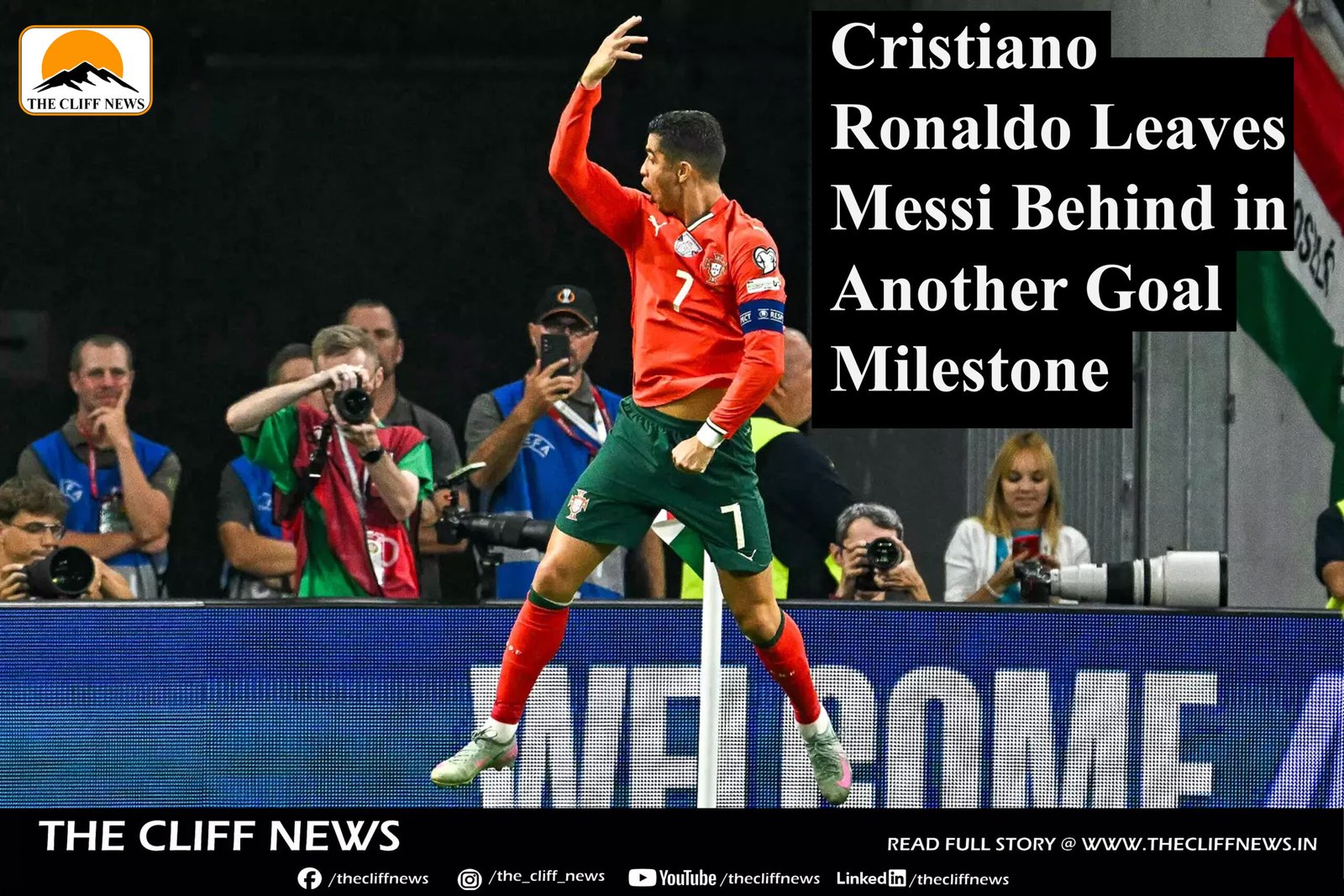FIFA’s ambitious $2 billion revamp of the Club World Cup begins June 15, aiming to transform global club football with a 32-team mega tournament across 12 stadiums in the U.S. But with plenty of cash on offer and questionable fan enthusiasm, the tournament’s foundations appear as shaky as they are extravagant.
The event serves as a high-profile dress rehearsal for the 2026 FIFA World Cup and promises a total prize pot of $1 billion, with the winning club potentially earning $125 million—a figure that eclipses top earnings in the UEFA Champions League. Yet, FIFPro has launched legal action over player welfare concerns, citing the compressed calendar and lack of recovery time after a draining European season.
Opening at Miami’s Hard Rock Stadium, Lionel Messi’s Inter Miami face Egypt’s Al Ahly. But ticket sales remain sluggish even for the July 13 final at New Jersey’s MetLife Stadium, highlighting tepid local interest despite Messi’s star power.
FIFA’s opaque qualification criteria have also sparked criticism. Inter Miami earned their spot by topping MLS regular season standings, despite an early playoff exit—seen by many as a move to guarantee Messi’s participation. Meanwhile, Liverpool, Barcelona, and Napoli, all reigning domestic champions, failed to qualify due to FIFA’s complex four-year ranking method.
Further controversy erupted when Club Leon, 2023 CONCACAF Champions Cup winners, were excluded due to shared ownership with another qualifier, making way for Los Angeles FC.
While FIFA secured a last-minute $1 billion broadcast deal with DAZN, questions linger over stadium readiness and pitch quality after last year’s Copa America controversies. FIFA promises standard-sized, natural grass pitches (105x68m) across all venues.
Group stage contenders include heavyweights Real Madrid, Bayern Munich, and Manchester City, while Paris Saint-Germain, fresh off a 5-0 Champions League final win over Inter Milan, lead a formidable Group B alongside Botafogo, Seattle Sounders, and Atletico Madrid.
Beyond silverware, the tournament is a litmus test for U.S. fan engagement and FIFA’s broader commercial vision. Whether football—or soccer—truly finds its place in American hearts will be judged as much by full stands as by final scores.



